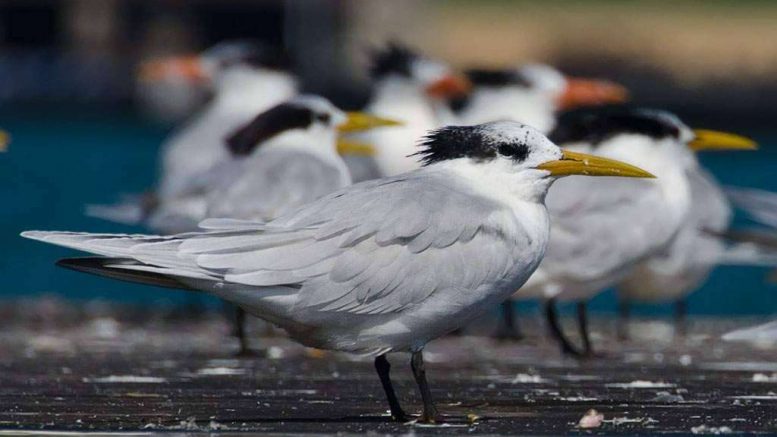“…there is no change in the Brazilian health status before the World Organization for Animal Health…”
Ricardo Santin is the president of the Brazilian Association of Animal Protein – ABPA, of the board of directors of the Brazilian Institute of Eggs and vice-president of the International Poultry Council.
Santin holds a degree in law and is a M.Sc in political science and government from the Pontifical Catholic University of Rio Grande do Sul.

Ricardo Santin, president of ABPA
AgriBrasilis – Should the recent cases of avian influenza affect the Brazilian market?
Ricardo Santin – No. The recorded cases refer to wild birds. For this reason, there is no change in the Brazilian health status before the World Organization for Animal Health.
It should be remembered that Brazil has never registered the disease in commercial birds. Both domestic supply and exports remain at normal levels, and should continue to do so.
AgriBrasilis – What are the consequences of the state of animal health emergency declared by the Ministry of Agriculture?
Ricardo Santin – This is a measure with the main objective to reduce the bureaucracy within the ministry, in case it is necessary to adopt emergency measures to contain the disease. The measure also sends the message to the world that Brazil is watchful and alert to prevent avian influenza from reaching commercial production.
AgriBrasilis – How do you evaluate the mitigation measures adopted by the government and industry so far?
Ricardo Santin – In fact, so far there were no measures to mitigate the disease per se. It should be remembered that the situation occurred exclusively in wild birds, therefore, only monitoring measures are appropriate.
The actions carried out so far, and that have been very successful both on the part of the Government and the agro-industrial chain, are the broad campaigns and preventive measures to protect the biosecurity of the poultry farms.
AgriBrasilis – What guidelines are given to ranchers to prevent avian influenza from reaching poultry farms? What signs indicate the presence of the virus in animals?
Ricardo Santin – ABPA established a broad protocol, that includes the total suspension of visits, review of the farm’s biosecurity structures (such as mesh, disinfection arches, road bath, footbath, protection of water sources for housed birds and feed, and other measures), among other points. At the same time, we ask that ranchers engage in the national campaign to guide and protect the productive sector, sharing information with their peers.
In case of any suspicious situation with birds, such as staggering, crooked necks, or high mortality of wild birds in any area, it is essential to urgently notify the official veterinary service, either through the secretary of agriculture of the city, State or the Ministry of Agriculture.
AgriBrasilis – If the avian flu reaches commercial farms, what markets should restrict trade with Brazil? What are the most demanding markets?
Ricardo Santin – Brazil invests heavily in biosecurity, at the same time that the country maintains a broad structured plan for eventually confronting the disease, if necessary.
The Government has been working on this and has already received acceptance for regionalization or zoning from more than two thirds of the destination countries for Brazilian products. We have expectations of reduced effects in relation to the financial impacts, however we prefer not to deal with values to avoid speculations.
AgriBrasilis – Is it possible that a vaccination campaign could cause trade barriers for Brazil? Why?
Ricardo Santin – Several countries are working on the development of vaccines. In the case of Brazil, ABPA supports studies on the vaccine against Avian Influenza, in line with the points defended by the International Poultry Council and the International Egg Council.
Even though it does not demand the measure for its own national production – since the Brazilian strategy is to monitor and eradicate possible outbreaks – the Brazilian productive sector defends that there should be no trade barriers to the nations that choose to adopt vaccines.
The eventual adoption of the vaccine will take place strictly by decision of the Ministry of Agriculture, through the National Poultry Health Plan.
AgriBrasilis – What role does the Brazilian Animal Protein Association play in the context of the poultry health crisis?
Ricardo Santin – ABPA has adopted a broad national and international strategy to fight the disease, either through its Crisis Committe, constituted by the board of directors of the entity, or via the Special Group for the Prevention of Avian Influenza, in addition to its Chamber of State Entities, where monitoring strategies and emergency actions, campaigns, explanations for the press and national and international stakeholders are outlined, among other measures. All of this is always in line with the Ministry of Agriculture, that has been developing an exceptional work in the face of the disease.
READ MORE:

